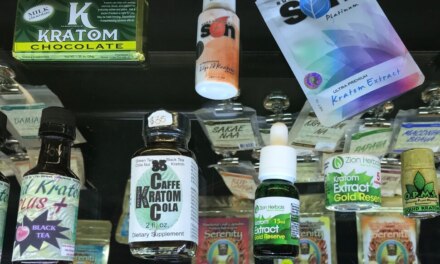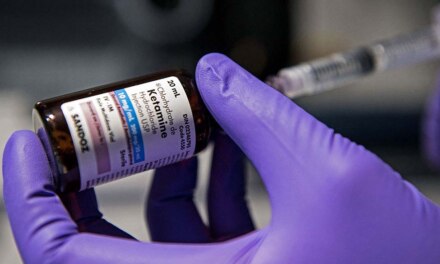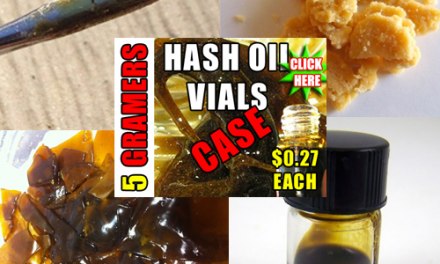I was reading about the dramatic increase in the use and abuse of gabapentin, brand name Neurontin. Here’s a piece from July, 2018.
Seems that the drug is entrenched in the Top Ten of prescribed medications, a surprise given it was originally approved as an anticonvulsant. Along with epilepsy, it’s used to treat nerve pain (for instance, from shingles) as well as Restless Leg Syndrome. It’s fine for those uses. But they alone wouldn’t account for its soaring popularity.
That’s due to off-label use for other disorders, especially anxiety and sleep. That’s mostly how it finds its way into the addiction treatment population, where anxiety and disrupted sleep are incredibly common among clinic patients. People are new to recovery and still going through adjustments, both physiological and psychological, to life without their usual chemicals.
Let’s say someone in early recovery experiences panic or insomnia and consults a physician, who prescribes a medication the doctor sees as unrelated to the patient’s primary addiction– for instance, something from a different drug class. Example: a sedative for someone with a chronic opioid disorder. The patient is satisfied– after all, they’re conditioned to expect relief in pill form– but as time passes, problems emerge.
It could be in the form of patients taking more than the prescribed dose, or needing more frequent refills, or showing signs of dependence in the form of withdrawal symptoms. Could be that the patient diverts the medication to the street, for sale or trade.
Perhaps most common, patients sometimes use the medication along with other substances to produce a high. Gabapentin is well-qualified for this. “How-to” instructions are readily available on the Internet.
I suspect some doctors feel safe with gabapentin for addiction patients because it isn’t a controlled substance. Still, when we’re dealing with someone who has a long history of substance problems, the usual rules may not apply. A special vulnerability is well-established.
There’s also the problem of follow-up. Even the best physicians often fall down there. I remember watching one doc prescribe a benzo to a patient with severe alcoholism. His only instructions? “Don’t take more than recommended, and call me if you experience problems.”
By the time the patient finally reached out for help, he was lucky to be alive. Why couldn’t the doctor see this coming?
Health professionals are trained to relieve symptoms and alleviate discomfort. It’s counter-intuitive for physicians to withhold a medication that might make the patient feel better. But for people with severe substance disorders, that’s often the path to stable recovery.
Sure, it can be hard work. But who promised it was easy?














Thanks for bringing up this issue. Due to gabapentin’s availability is often overlooked as obstacle to people recovering from substance abuse. Unfortunately, I suspect it will be years, perhaps decades, before the FDA and the prescribing community acknowledges this drug is a problem for some people. Thus far, only the commonwealth of Kentucky, has placed limitations on gabapentin prescribers.